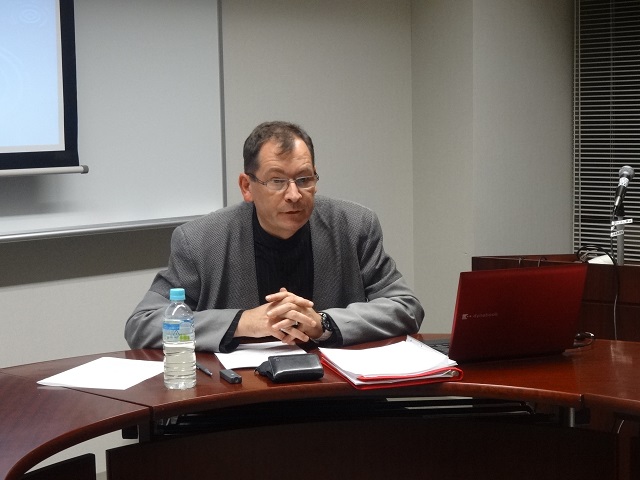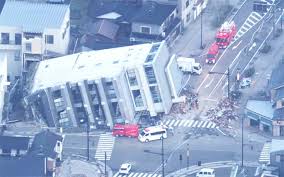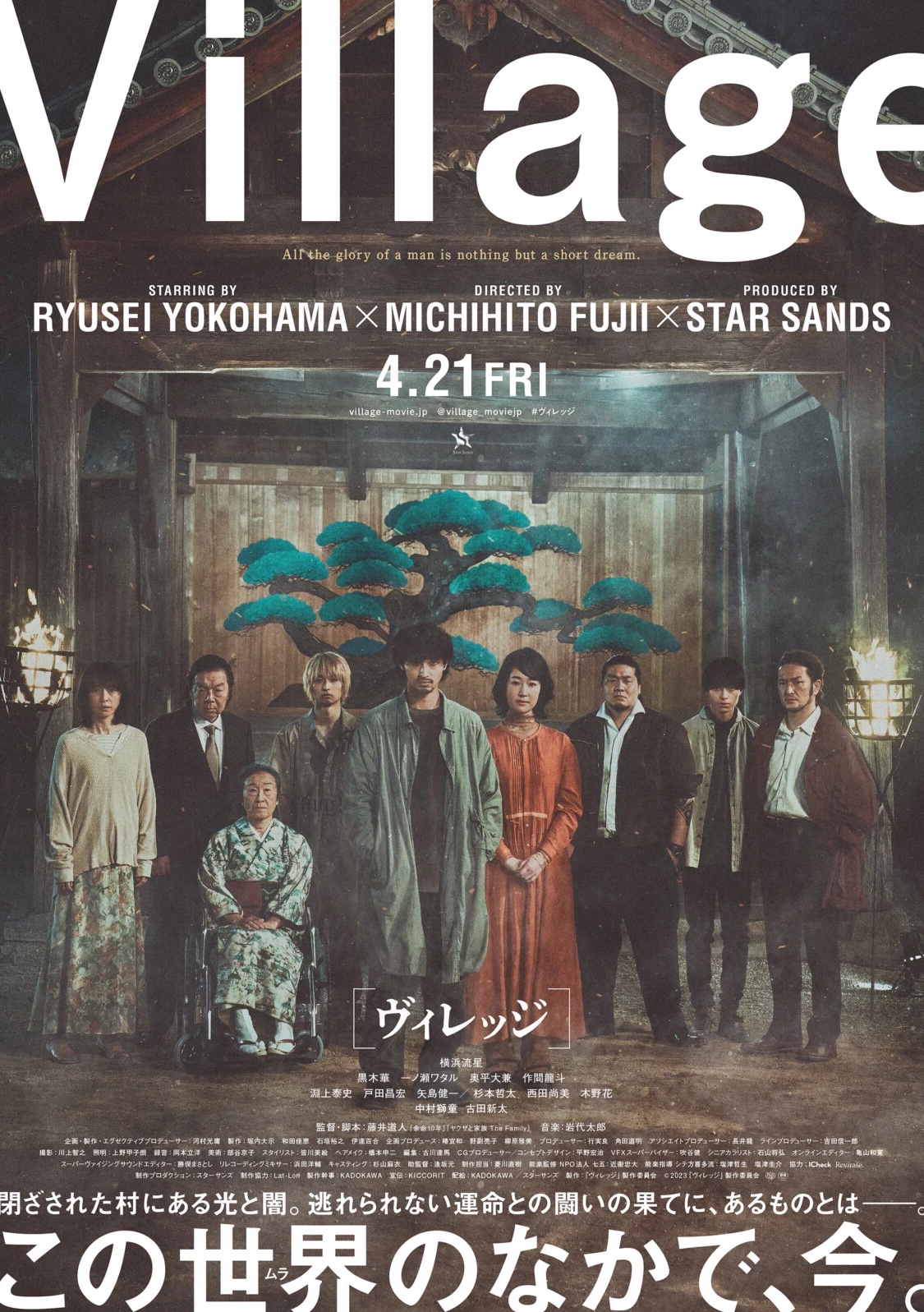Willkommen auf der Seite der "Textinitiative Fukushima"
Die Seiten der Textinitiative Fukushima werden derzeit von der Japanologie der Goethe-Universität betrieben. Gegenwärtiges Anliegen von TIF ist die zeitgeschichtliche Dokumentation. Das Forum dient nun in erster Linie als Archiv für Informationen zu 3/11 sowie allgemein zur Geschichte des Atomaren. Die Suchfunktion ermöglicht Recherchen zu Stichworten, Inhalten und Akteuren.
| Fundstück: "Geheimverhandlungen beim Japan-Besuch Egon Bahrs im Jahr 1969 und die Atombewaffnung Japans" | 10.01.2024 |
Am 17. November 2014 hat Maik Sprotte (1964-2023) am Komaba Campus der Universität Tokyo einen Vortrag zur internationalen Geschichte der Atompolitik gehalten. Links: http://www.desk.c.u-tokyo.ac.jp/d/d_141117.html
|
|
| Erdbeben im Januar 2024: Fake-Fotos | 04.01.2024 |
"Nicht alle Videos, die Szenen des Erdbebens in Japan zeigen, sind falsch. Doch viele Videos, die ursprünglich in einem anderen Jahr aufgenommen wurden, werden derzeit neu hochgeladen und in den Kontext der aktuellen Naturkatastrophe gesetzt." (dw, 3.1. 2024) Link: https://www.dw.com/de/faktencheck-diese-erdbeben-videos-aus-japan-sind-falsch/a-67879545
|
|
| Opfer einer toxischen Umgebung: Der Film "The Village" (2023) | 14.12.2023 |
Der aktuelle Film "The Village" von Regisseur Fujii Michihito 藤井道人 (1986) beschreibt die Ansiedlung von umweltschädigender Industrie, in diesem Fall der Müllindustrie, in der japanischen Region. Wie bei der Implementierung von Atomindustrie (die Anspielung ist offensichtlich) kommt es zur Spaltung der dörflichen Gemeinschaft und zu "Opfern" - diesen Mechanismus beschreibt schon Takahashi Tetsuya 高橋哲哉 (1956), ein bekannter Sozial- und Moralphilosoph (siehe TIF / 2011). Synopse: "Yu Katayama (Ryusei Yokohama) is a young man who lives in the remote, but beautiful village Kamonmura. He has lived there since he was a child and is unable to leave due to an incident in his past. To pay off his mother's debt, Yu Katayama works in a garbage disposal facility nearby. He lives without a dream or hope in his life. One day, Misaki Nakai (Haru Kuroki) returns to Kamonmura from Tokyo. Yu Katayama and Misaki Nakai were childhood friends. Her return changes Yu Katayama." (Asian Wiki) Links: https://asianwiki.com/Village_(Japanese_Movie)
|
|
| Neue Atomkraftwerke in Europa für Klimaziele | 11.12.2023 |
"Auf der anderen Seite will die von der langjährigen Atommacht Frankreich angeführte "Nuklear-Allianz" die Kernkraft weiter ausbauen. Atomenergie sei eines von vielen Werkzeugen, um die Klimaziele zu erreichen, heißt es in einer gemeinsamen Erklärung der elf EU-Staaten. Mit der Atomenergie solle Elektrizität für den Bedarf von Verbraucherinnen und Verbrauchern produziert werden, um zukünftig "die Versorgungssicherheit" zu garantieren." (Tagesschau, Februar 2023) Links: https://www.dw.com/de/ist-kernenergie-der-weg-um-die-klimaziele-zu-erreichen/a-67657919 (8. Dezember 2023)
|
|
| Kernfusionsreaktor Typ Tokamak geht in Naka in Betrieb. Eine japanisch-europäische Kooperation | 04.12.2023 |
"In Japan ist die weltgrößte Versuchungsanlage für einen Kernfusionsreaktor seit Freitag offiziell in Betrieb. Die Fusionsanlage JT-60SA in Naka nördlich von Tokio, ein japanisch-europäisches Kooperationsprojekt, werde die Menschheit "der Fusionsenergie näher bringen", sagte der stellvertretende Projektleiter Sam Davis bei der feierlichen Inbetriebnahme." "... bis zum Betriebsbeginn des internationalen Testreaktors Iter, der im südfranzösischen Cadarache gebaut wird, sei die Anlage in Japan die weltweit größte." (Futurezone, 1. Dezember 2023) |
|
|
136-140 von 819
|



